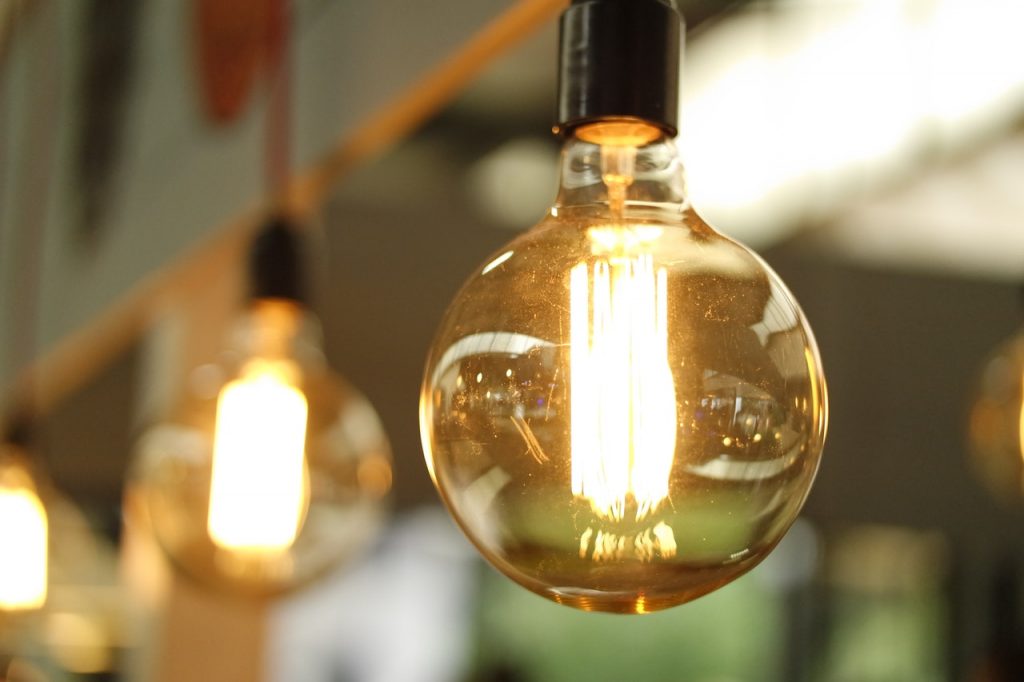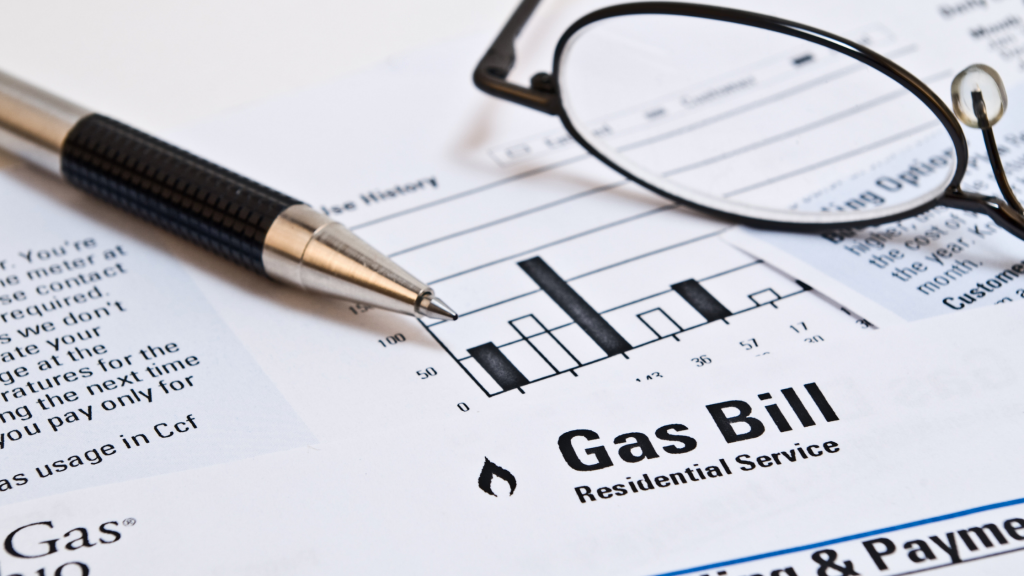It is no surprise that winter is the time of year when we use the most energy in our homes. Between hot baths and showers, lighting during the dark evenings (and even afternoons) and obviously, heating, we use roughly 36% more energy during these months than in the summer.
And with us all spending more time at home due to Covid-19 our energy use could be even greater this winter which means unfortunately bills will be higher as well.
However, we can do lots of things in order to keep these bills as low as possible despite needing to use more energy in our homes. The three main ways to save money and energy are improving the energy efficiency of your home, thinking of how you pay your bills and, of course, switching to a better deal.
Energy Efficiency
Being energy efficient is all about making the most of your energy usage and cutting out unnecessary ways we may waste it. Many of these tips are simple and easy to start today, while others require a little more investment for long term benefits.
1. Insulation
Rather than creating more heat, try to conserve what you already have. It makes very little sense, after all, for that valuable warmth to simply disappear through your roof and walls. Therefore, if possible, consider attic and cavity wall insulation. This could save 30-40% on your home heating bill, and a lagging jacket on your hot water tank is also a good idea to keep your water hotter for longer.
2. Draughts
As we have already mentioned, preventing heat loss is an important first step in having a more efficient home. Heavy quilted curtains can prevent heat from escaping through windows and draft excluders at the bottom of doors will also keep the heat inside. This is particularly useful if you need a little more heat in one particular room rather than your whole house, such as your living room in the evenings or home office during the day.
3. Radiators
Most of us use radiators as our main source of heating. To make them more efficient, place Radiator Foil behind central heating radiators to improve heat output, conserve energy and reduce your heating bills. Instead of the heat being lost through the outside wall it reflects it back to the room where you can use and enjoy it.
4. Heating
By turning your heat down 1 or 2 degrees, it can have a positive impact on your heating bill. Of course, you don’t want to be shivering all winter either, but we can all make the effort to reach for a blanket, hot drink or jumper before considering the thermostat.
5. Off, not standby
Did you know that switching an appliance off rather than leaving it on standby can save 20% of its electricity use? That’s why it’s important to unplug appliances when you’re finished with them or switch them off at the socket. Common energy wasting culprits include televisions and microwaves.
6. No more fireplace draughts
If your home has a chimney, you may have found that occasionally cold draughts manage to make their way down it and into your home. Installing a chimney balloon in the flue can help prevent this happening, as well as heat escaping up the chimney, and alleviate the need for extra heat to balance this out.
How you pay your bills
How you pay your energy bills can often impact how much you pay. For example, energy suppliers offer better rates for certain payment and billing methods such as direct debit or online billing.
Direct Debit: Paying by Direct Debit means that you can often choose the date of payment, so you can arrange payments to come out at a time which suits you best. And it means once the payment is set up you don’t have to worry about missed payments.
Online Bills: Most energy suppliers offer online billing and will often give small discounts if you choose not to get your bills in the post. Many people find online billing easier to manage as you don’t have to go searching out old bills, and instead they will usually be attached to your account. This makes it easy to review in terms of how much energy you have used and how much you are spending, too.
Spread costs throughout the year: Another option some suppliers provide is to the cost of their annual energy bills over 12 equal monthly instalments.
As we’ve already mentioned, we use a lot more energy over winter and the darker months, so this can lead to big swings in bills if you pay for energy each month based on actual usage. However, with budget plans or level pay plans your energy suppliers smooths out your payments over a full year. They will estimate your monthly payments based on your ‘estimated annual usage’ and this means you pay the same amount each month but without the peaks and troughs as a result of seasonality.
Ultimately, you will still pay for what you use. The cost is just evenly spread out over the year which can make it easier to manage. And to make sure everything is on track your supplier will normally review your account every six months to prevent any excessive credit or debt building up.
Switch to a better deal
The simplest and quickest way we can save money on energy bills during the winter or any other time of the year is by switching providers. In fact, if you have never switched energy suppliers or changed your tariff, it is highly likely that you are paying more expensive bills than you need to be. On average, people find savings of £150 on their energy bill when they switch using Power to Switch.
Begin your search for savings with Power to Switch. We compare all energy suppliers, tariffs and deals so you can keep more money in your pocket. Once you have found the best deal the process of switching is easy. Simply complete the online switch form and your switch will be underway – you don’t even have to tell your old supplier you are leaving.









